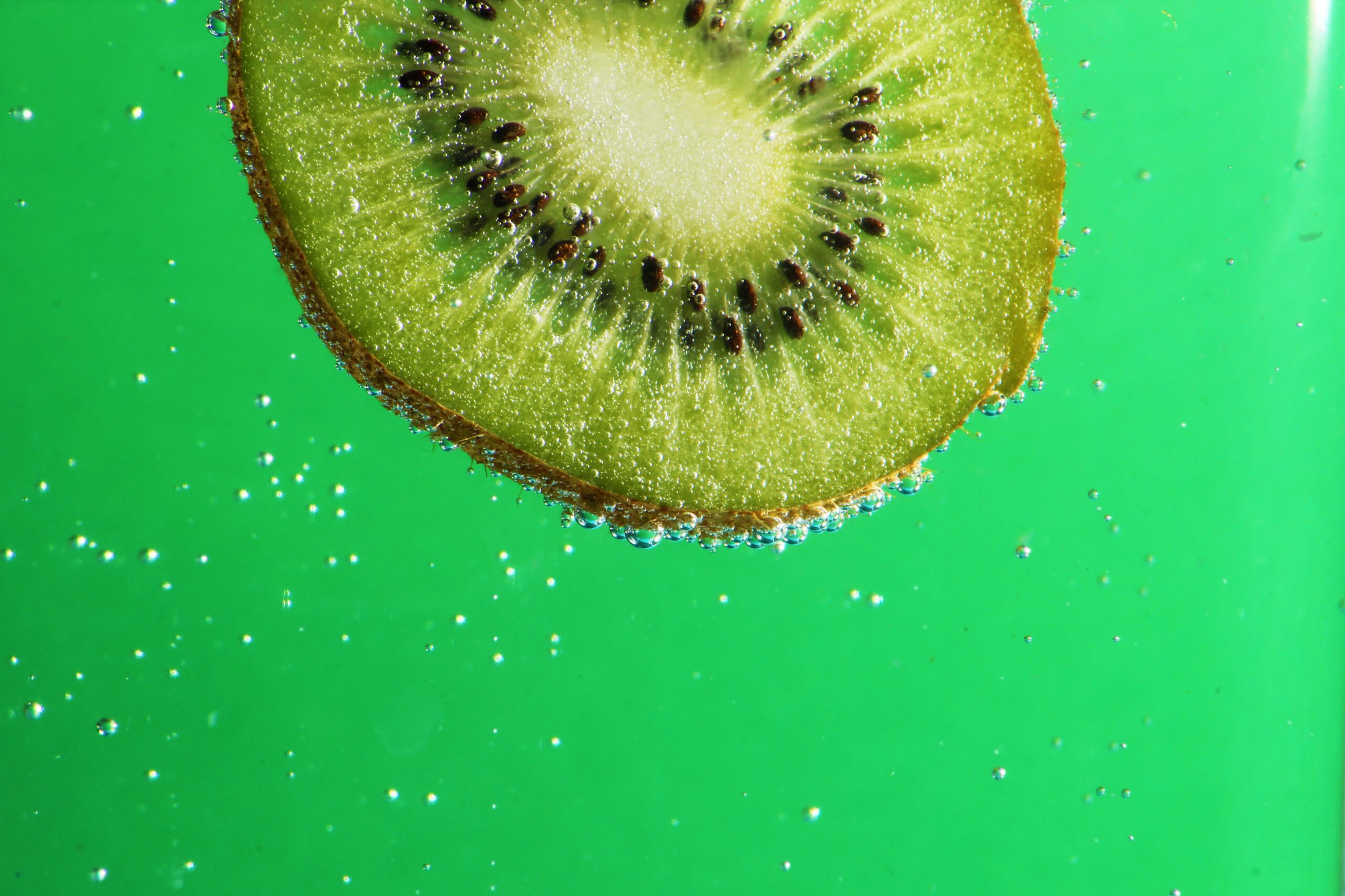Postpartum Hair Loss
Hair loss following pregnancy is called postpartum hair loss (or postpartum telogen effluvium) and is a very common concern among women.
A lot of the questions I see women ask about postpartum hair loss are generally wondering whether or not it’s normal, if there is anything that can be done to prevent it from happening or fix it when it does, and how to know when it’s gone on too long. So, let’s dig into what’s going on with postpartum hair loss.
Your Hair During Pregnancy
When we’re talking about hair growth and hair loss its important to understand that our hair has three phases:
- Anagen (growth phase)
- Catagen (transition phase)
- Telogen (rest phase)
When women are pregnant, they have higher levels of the hormone estrogen. Estrogen keeps our hair follicles in the anagen phase – meaning that we aren’t experiencing normal hair shedding when pregnant.
Postpartum, as estrogen levels begin to drop again, hair’s that were spared shedding for the past +9 mos. can move into the telogen phase. This is why dermatologists refer to postpartum hair loss as excessive shedding, because more hairs are moving into the telogen phase than what you would normally see for a healthy, non-pregnant women.
Just to give you an idea, normal shedding typically refers to losing about 50-100 hairs per day. Losing more hair than that is classified as excessive shedding.
Since we had all that hair-growing with none of that hair-shedding for so many months during pregnancy, it makes sense that after a pregnancy ends that there is a period of “catch-up” where we see more rapid shedding than we are used to.
How Long Does Postpartum Hair Loss Last?
You may have already guessed, but indefinitely shedding excessive amounts of hair isn’t normal even postpartum. Generally, dermatologists say that women can expect to see more hair loss in the first four-months following their pregnancy and it may take as long as a year postpartum to for your hair to regain the similar thickness to what you had before you were pregnant.
Even though some hair loss postpartum is completely normal and we know that it can last for months, there are still a few important considerations that are worth talking about. Just because someone is losing hair postpartum doesn’t necessarily mean that its only related to natural shifts in hormones – there may actually be another health-related issue that needs our attention.
Other Factors That Can Lead to Hair Loss Postpartum
-
Stress
Stress is not good for hair growth. That’s because stress can shorten our hair’s growth phase and extend our hair’s rest phase. If follicles are resting and not growing, it can lead to thin or sparse looking hair.
Read: How To Reduce Stress And Support Adrenal Health IRL
When it comes to stress, it’s important to remember that it comes in many forms: psychological or emotional, circadian rhythm dysregulation (when our sleep-wake cycle gets messed up – more on that below), blood sugar issues, and hidden sources of inflammation (for example elated to hidden infections or toxins).
It’s very common (and understandable) that women would experience a lot of psychological or emotional stress postpartum. Remember that taking care of your health includes your mental health. Joining a support group, delegating tasks, asking for help from friends and family so you can rest or have some time to yourself is important for you to recover and rebuild your strength postpartum. Most importantly, consider making time to speak with your doctor and/or a licensed mental health care provider about any stress or anxiety that you are feeling.
-
Lack of high-quality sleep
Well, yea… Sleep can be really hard to get postpartum especially if you’ve brought a new baby home.
Lack of high-quality sleep is a source of stress on our body and we know from #1 above that stress is not good for our hair.
Although you may not initially be able to get the same high-quality zzz’s you were getting previously, being mindful of the importance of rest to your body is key. Ask other parents or your doctor for creative ideas on how to get more rest if this is an area where you’ve been struggling.

-
Under-eating
Under-eating is a source of stress on our body (not good for our hair). But, by not eating enough food we are also robbing our body of key nutrients that are needed to grow and maintain healthy hair.
Your calorie need postpartum may be higher than for other non-pregnant women. For example, if women breastfeed the general advice is that they consume an additional 450-500 calories per day (or about 2300-2500 calories/day for an average, moderately active woman).
What are some factors that could lead to under-eating postpartum? For some women, it may be related to a lack of appetite. There are a lot of factors that can impact our appetite – – including high levels of stress, which many women can experience postpartum.
Another factor that may lead to women under-eating postpartum feeling bad or insecure about their bodies. Body image issues can affect people of all ages, but postpartum women frequently feel pressure to “get their bodies back” and many may resort to unsustainable means of losing weight including eating an unhealthily low number of total calories.
This is sadly very common and isn’t something you have to try to navigate on your own. If you or someone you know is experiencing an eating disorder, you can learn more about helpful resources here.
-
Nutritional deficiencies
We sort of touched on this one above, but women may have higher nutritional needs postpartum – especially if they are breastfeeding.
The first step to maintaining good nutritional status is to make sure that you’re eating enough. Working with a licensed nutritionist to determine your nutritional needs can be helpful if you’re not sure if you’re eating enough high-quality foods.
Eating a variety of foods is also important to making sure that you’re getting adequate nutrition. I will often coach my clients on eating a variety of vegetables and fruits (“eat the rainbow”) and getting healthy proteins and fats with every meal. Fasting, restrictive dieting or following vegetarian or especially vegan diet can make it very difficult to obtain nourishment through diet alone.
Beyond diet, many doctors recommend that their postpartum patients also take a nutritional supplement such as a multivitamin for at least six-months postpartum. Postpartum women have unique nutritional needs compared to other pregnant or non-pregnant women and may need different amount of nutrients than what may be offered in an off-the-shelf prenatal or women’s multivitamin. Here are a few examples of nutrients where postpartum women may need extra nutritional support: iron, B vitamins like folate and B6, iodine, choline, and vitamin D.
-
Gut problems
Hair health and gut health are very closely linked. Not only is our gut a central player in regulating inflammation and immunity but its also where we digest and absorb all of those hair-critical nutrients that we are (hopefully) getting through our diet. If we are experiencing significant gut inflammation (also called leaky gut) and gut dysbiosis (an imbalance in our gut microbiome) it can really mess things up for our health – and the health of our hair.
Like everything else that we’ve been talking about, it’s important to get to the source (aka root cause) of gut issues. Some women may have a long history of gut issues that they weren’t able to address pre-pregnancy that are now coming back with a vengeance postpartum.
Other women may have had healthy guts prior to their pregnancy but are experiencing increased gut inflammation postpartum. Although there are many different variables that can impact our gut health (including all the things just listed above – sleep, stress, nutrition) one factor that can contribute to gut inflammation postpartum is antibiotics administered during labor.
It’s common practice for doctors to administer intravenous antibiotics to mother’s in labor if they believe that there is risk for infection (specifically group B strep). Women who undergo cesarean sections are also routinely given antibiotics to help mitigate risk of infection following surgery. While it’s great that we have antibiotics to help reduce risk of serious infections, it’s also important to understand the impact that they can have on our gut health (and baby’s gut health, for that matter).
A healthy gut microbiome has plenty of good gut bacteria. But antibiotics kill good and bad bacteria indiscriminately leaving the terrain of our microbiome altered in a way that allows for gut dysbiosis and increased inflammation.
-
Thyroid issues
During a healthy pregnancy, immune function is altered. This is how our body knows to tolerate the fetus versus engaging in an immune response against something it considers to be “foreign”. Postpartum the immune system changes and some of that partial immunosuppression of pregnancy lapses, which may help explain why some women are diagnosed with autoimmune diseases post-pregnancy.
One autoimmune disease that happens in about 8% of pregnancies is called postpartum thyroiditis. At a high-level, an autoimmune disease is where our immune system attacks our own tissue, mistaking it as a foreign-invader or threat that needs to be neutralized (you can see why they’re often referred to as a case of mistaken identity). Postpartum thyroiditis involves the autoimmune attack of the thyroid gland and can lead to hyperthyroid or hypothyroid.
Optimal thyroid function is very important for health hair growth (among many other things) and so having our thyroid properly assessed is critical to our wellbeing. Its possible to experience postpartum thyroiditis anytime during the year following a pregnancy so it may go overlooked at earlier routine checkups with your doctor.
I’ve written quite a bit on this before, but testing thyroid stimulating hormone (TSH) is not enough to determine the state of your thyroid health. This is especially true if you are experiencing autoimmune thyroid issues which would require your doctor to test autoimmune markers such as TPO antibodies.



